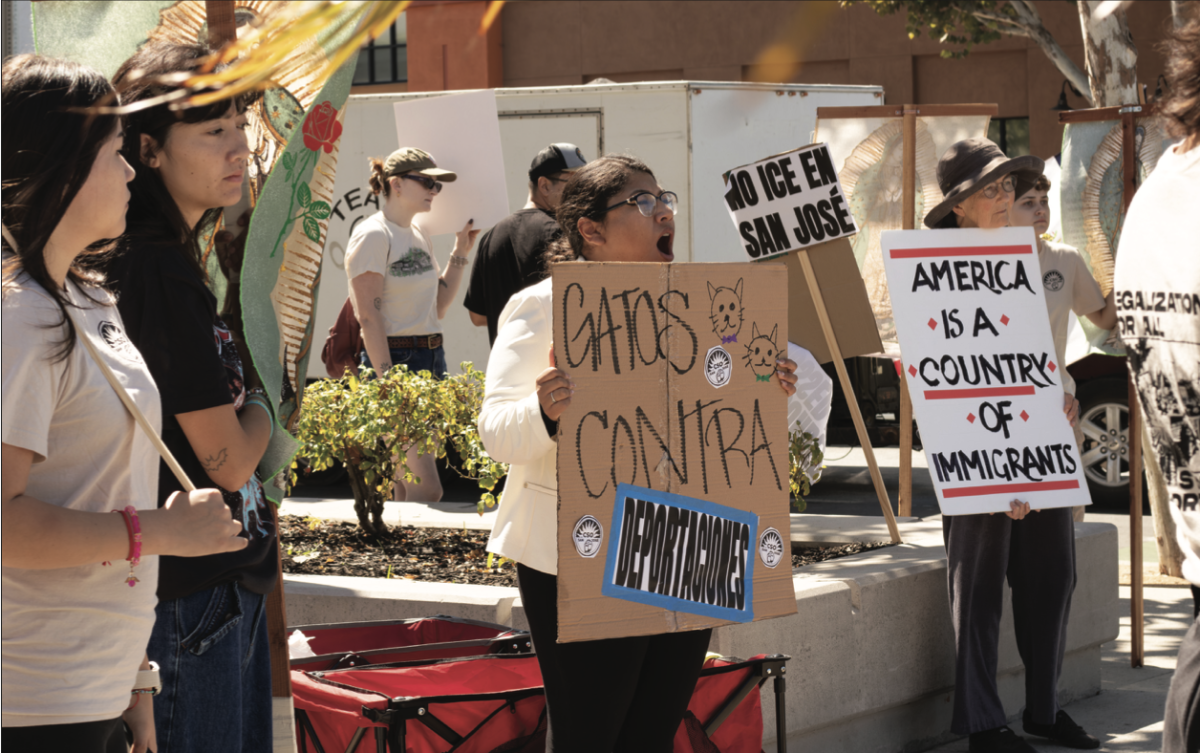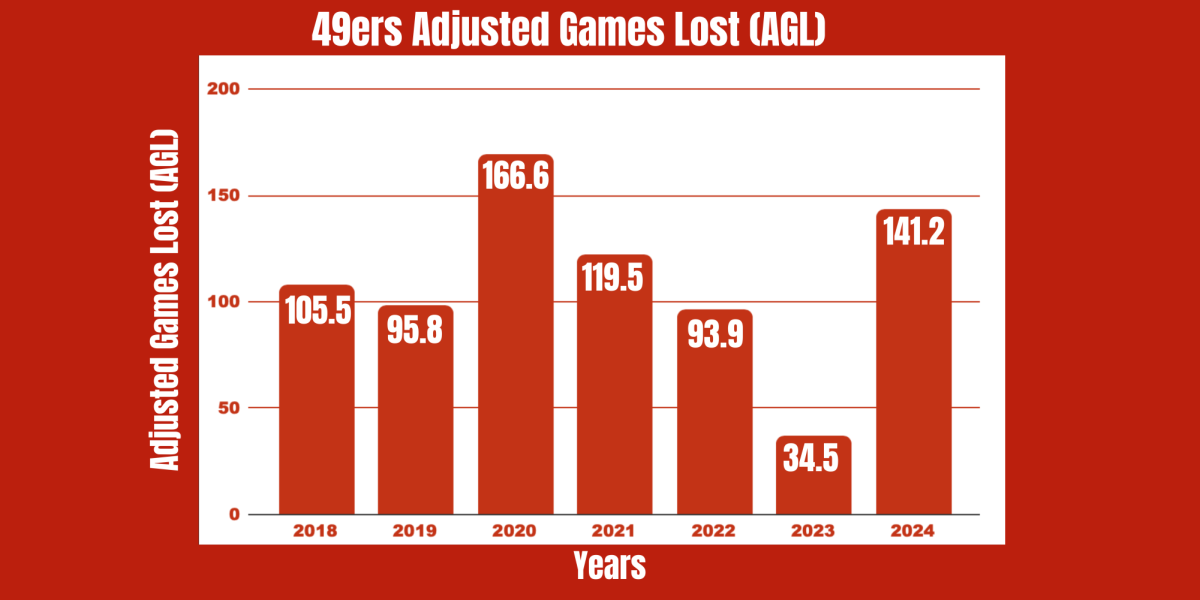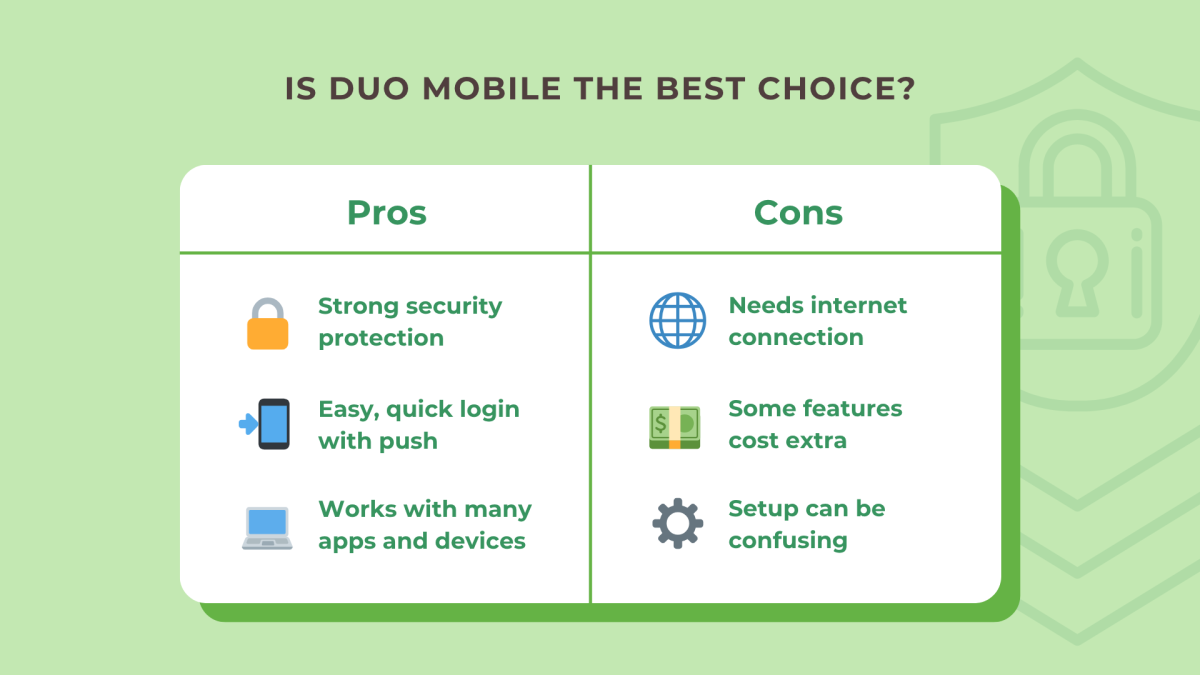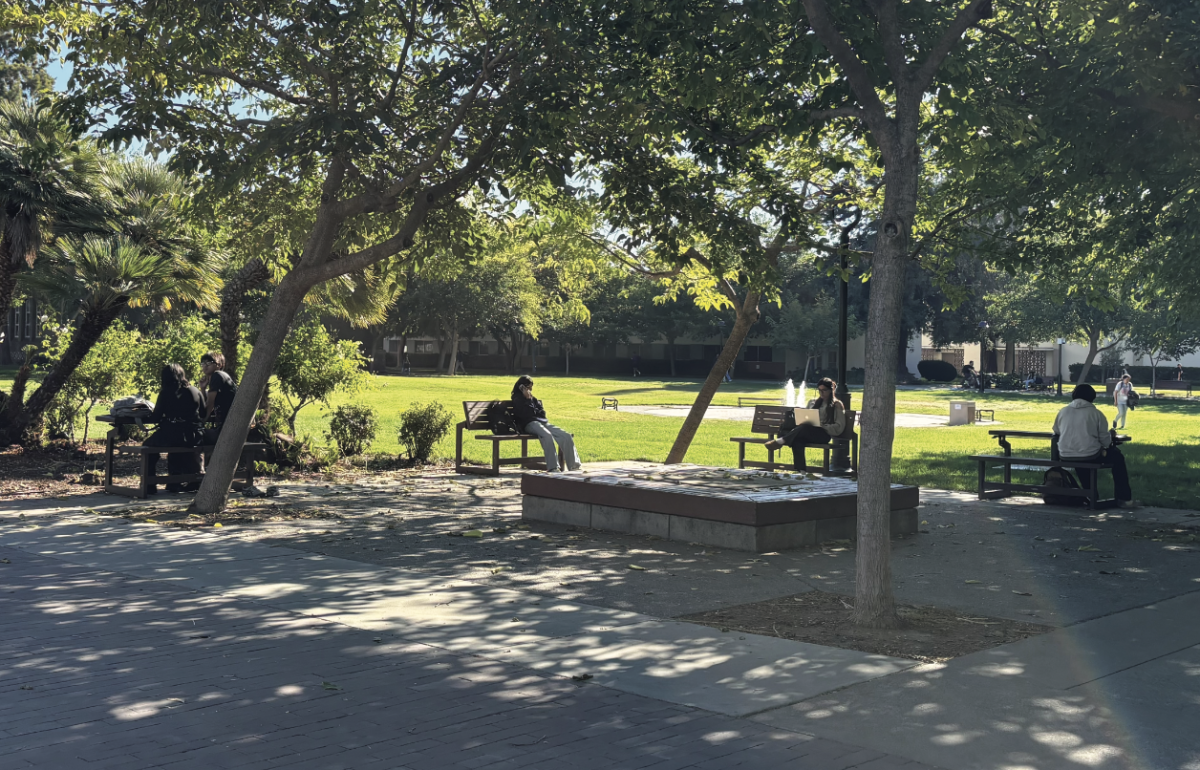California Gov. Gavin Newsom signed Senate Bill 43 on Oct. 10 to provide basic needs for individuals who are unable to support themselves because of untreated mental illness or substance use, according to MSN.
Mental illnesses are health conditions involving changes in emotion, thinking or behavior or a combination of these, according to a website from the American Psychiatric Association.
The bill was also partially aimed in part at working with the state’s houselessness crisis, according to the same site. California is home to more than 171,000 houseless people, making up 30% of the nation’s houseless population.
The state has spent more than $20 billion in the last few years to house them, with mixed results.
In a letter to the city of San José, Mayor Matt Mahan stated Senate Bill 43 will be a significant tool in preventing neighbors from endlessly cycling through the city’s streets, jails and hospitals.
“We still have much to do to address the challenges of mental health, substance abuse and homelessness, but seeing action like this at the state level makes me hopeful for a future in which we have a system that works for everyone in need,” Mahan said.
Susan Eggman, Senate health committee chair senator, introduced the bill and said it expands the criteria for making a “gravely disabled” determination so that the most severely ill can get the help they need, according to the Office of Governor Gavin Newsom.
A conservatorship is a last resort to help connect people with severe behavioral health care needs with the resources and support to protect them and others, according to the same website.
Erin L. Woodhead, psychology professor and chair of clinical mental health counseling masters program, said a conservatorship is pursued when an individual with a serious mental illness or a substance-use diagnosis can no longer make their own decisions and there is a need to appoint someone else to make decisions for them.
“This can be a family member if one is available,” Woodhead said. “If a family member isn’t available, the court will appoint a suitable individual.”
Woodhead also said for any type of conservatorship, the individual first needs to be declared incompetent to make their own decisions, which is typically based on a comprehensive evaluation from a psychologist or physician.
“It (the bill) could help with getting treatment to more individuals who need it and who could be vulnerable if treatment is refused,” Woodhead said.
Critics of this bill, who include human rights and disability rights advocates, argue SB 43 could undermine the civil liberties of Black, Indigenous and other communities of color, given the demographics of the state’s houseless population, according to a Sept. 15 Los Angeles Times article.
In San José, 6,266 people were reported to be homeless, with 30% sheltered and 70% unsheltered, according to the City of San José’s Homeless Census and Survey of 2023.
Out of this group, 50% were Hispanic or Latine, while 50% were non-Hipsnanic and non-Latine, according to the same site.
Other critics, like the Disability Rights California group, said it will “erode the civil rights of people with mental health disabilities in a misguided attempt to address homelessness,” according to a Friday article from NBC Los Angeles.
Molecular biology junior Topanga Schuberg said when it comes to this situation, not everyone wants to be helped, and there’s only so much a single person can do.
“It will be beneficial if someone suitable is found to take care of the person, but at the same time, people could abuse the system, taking advantage of it,” Schuberg said. “What if they claim that they are in need of support when they don’t really need it?”
Briana Farias, criminology freshman, said from a holistic approach, she thinks SB 43 will be beneficial towards those who are severely mentally ill.
“To my understanding, they will be receiving additional support and have the chance to depend on someone,” Farias said. “This is especially important because not everyone battling a mental illness has the support system they need.”
Farias also said she could see potential issues arising about providing treatment against one’s will, since part of their rights have been assigned away in court.”
“I question how well someone labeled ‘mentally ill’ can fully understand the benefits of this situation,” Farias said. “While this bill can be used to get people back on the right track in life, I do think it can unintentionally cause problems relating to one’s free will and bodily rights.”






































